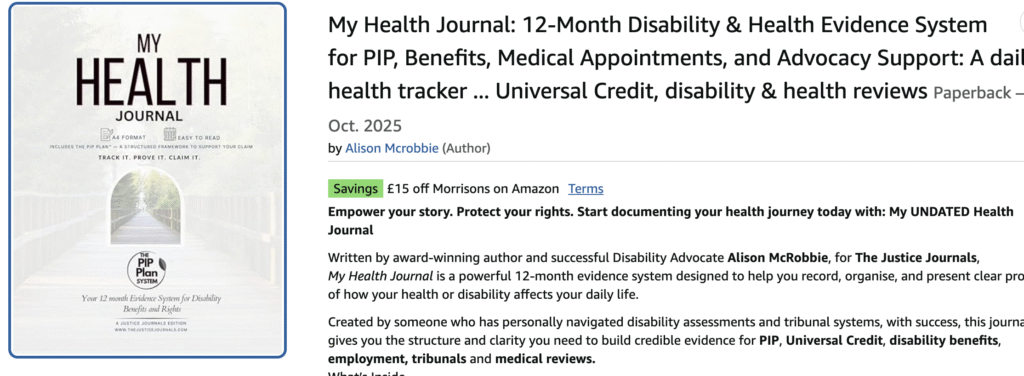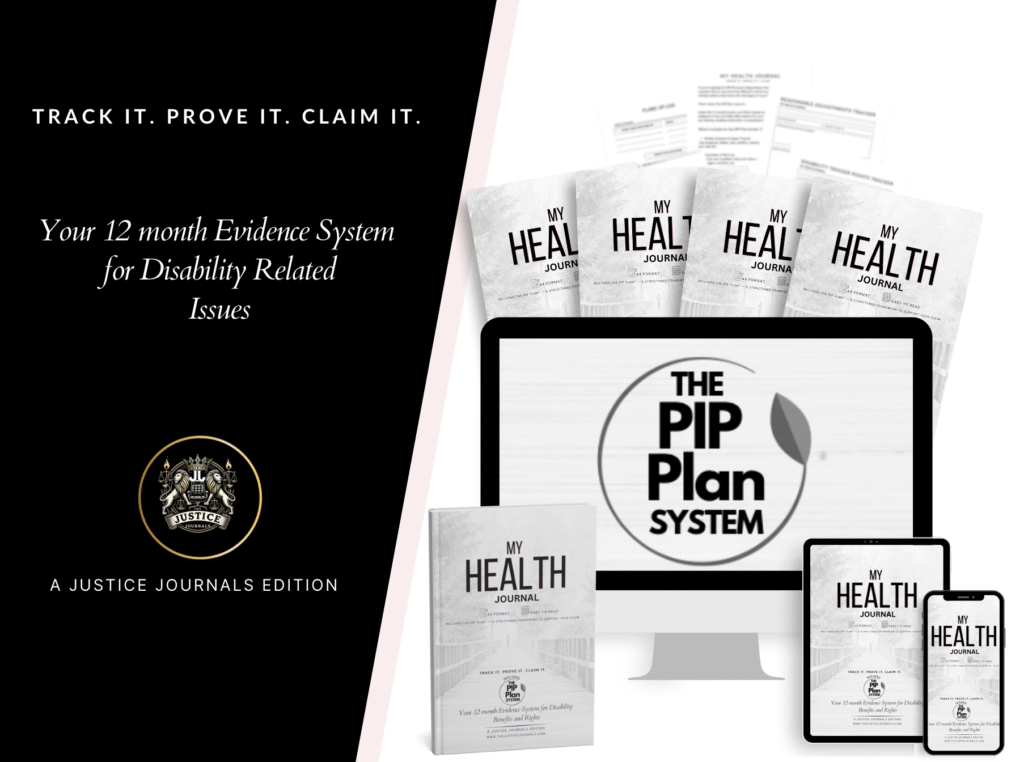If you’ve recently received a message saying your Universal Credit claim is under review, you’re not alone. Thousands of claimants have been told they’re being “investigated” — often with no explanation — and then asked to upload months of unredacted bank statements.
But here’s the truth: under the law, you don’t have to give DWP access to every private detail of your spending.
What the Law Actually Says
Under Regulation 111 of the Universal Credit Regulations 2013, the DWP can require claimants to provide “information and evidence relevant to their entitlement.”
That means they can check:
your income,
your capital or savings, and
your household composition.
But it does not give them blanket power to demand unrelated private data — such as what you buy, where you shop, or how you spend your money — when those details have no bearing on your benefit eligibility.
Universal Credit is a Monthly System
Universal Credit is assessed month by month, based on what’s called an assessment period.
So once your claim has been verified and accepted, the DWP should only need to see information for the specific month under review — not a year’s worth of your financial life.
If they want more, they must have a legitimate and proportionate reason for doing so.
Know Your Rights: Data Protection and Equality
The UK GDPR gives you the right to data minimisation — meaning public bodies can only collect information that’s necessary for their purpose.
You also have rights under the Human Rights Act 1998 (Article 8) to privacy and family life, and under the Equality Act 2010, the DWP must make reasonable adjustments if you have a disability that makes this process stressful or inaccessible.
To help you challenge overreach lawfully and respectfully, I’ve created a Formal Complaint Letter Template that you can send directly through your Universal Credit journal.
It cites Regulation 111, GDPR, the Equality Act, and Article 8 — and requests that DWP limit their review to one month and to information relevant to your entitlement.
💬 Download it free here
(Just make sure you’re following The Justice Journals and comment “Justice for All” on my latest YouTube video to show your support.)
Stand Your Ground
You don’t owe DWP your entire financial life story — only what’s relevant to your claim.
Knowing your rights isn’t defiance — it’s self-protection under the law.
Written by Alison McRobbie – Successful Disability Advocate
Founder, The Justice Journals™ & Offsystem.io – Empowering claimants to navigate the system with knowledge, confidence, and fairness.



